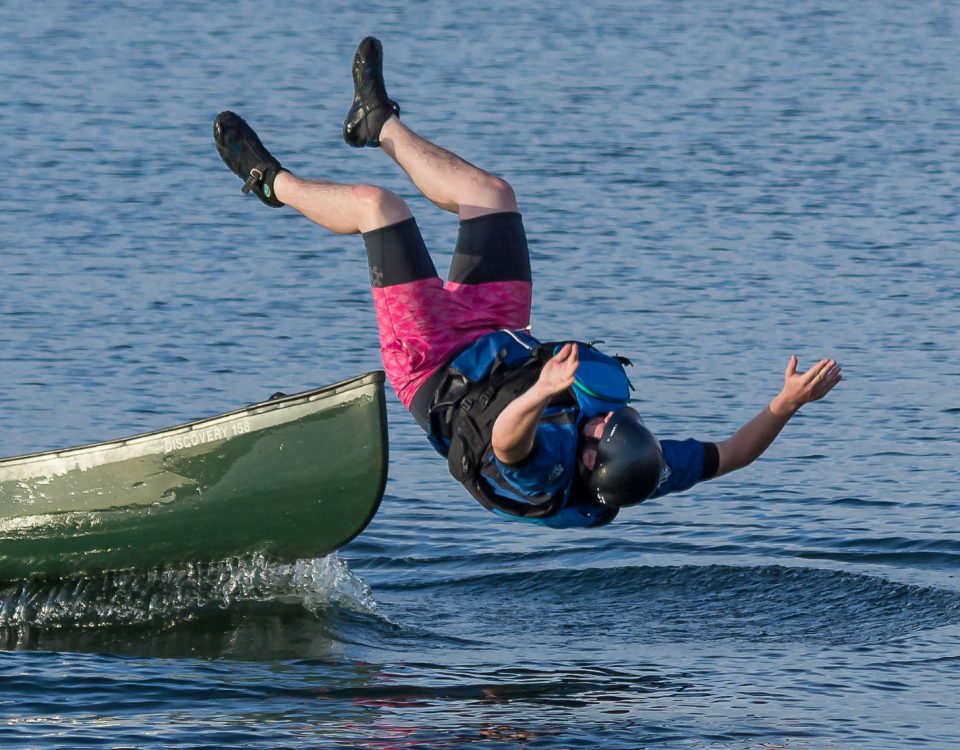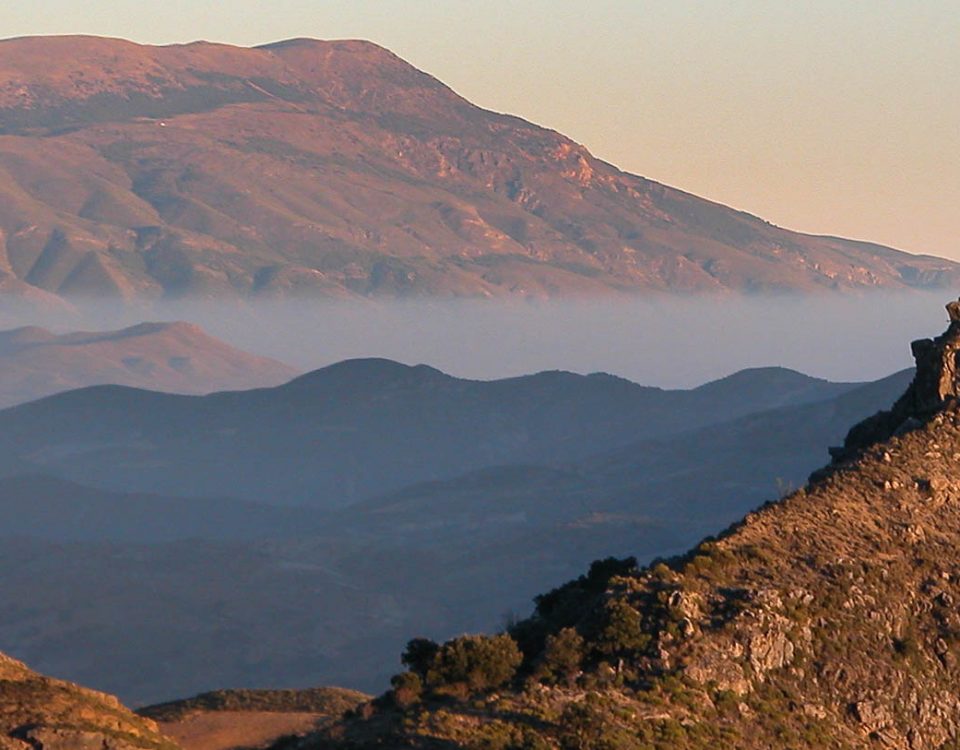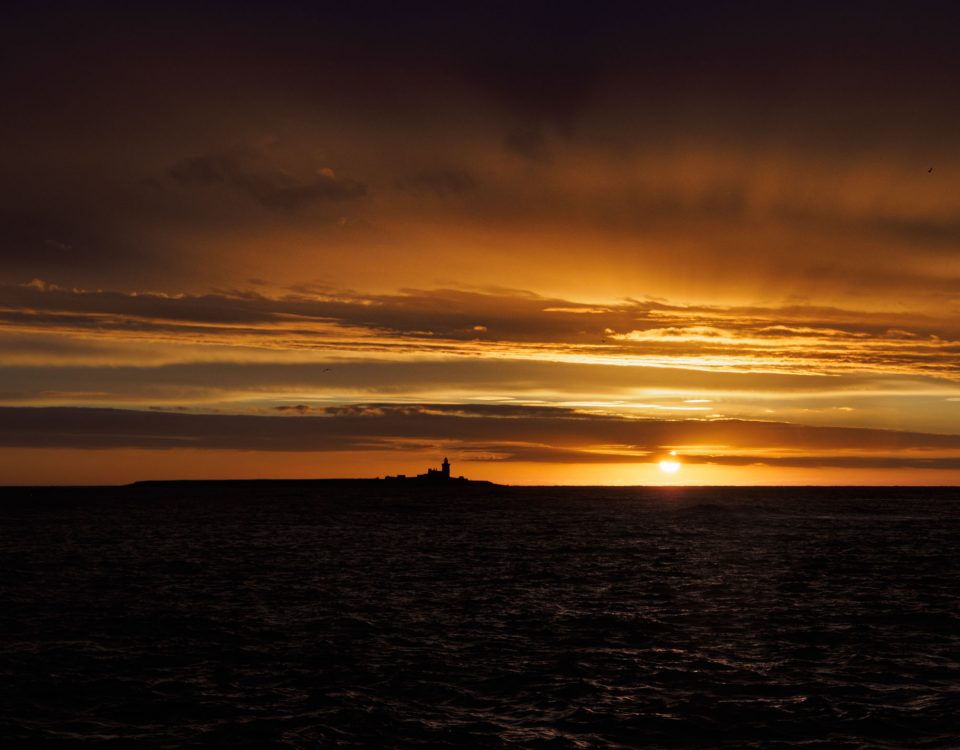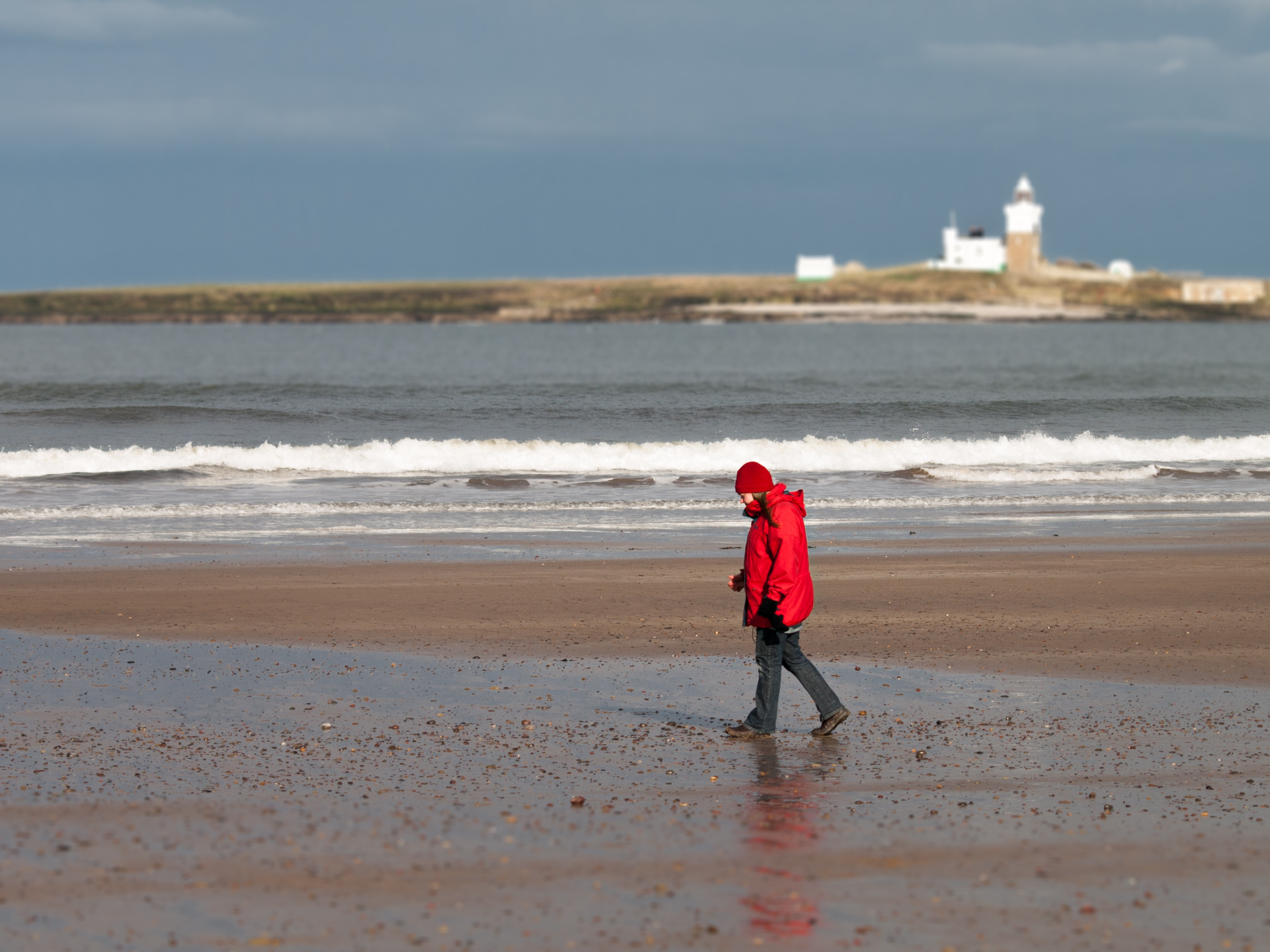
Why my blog post for Olympus got lost
16th July 2020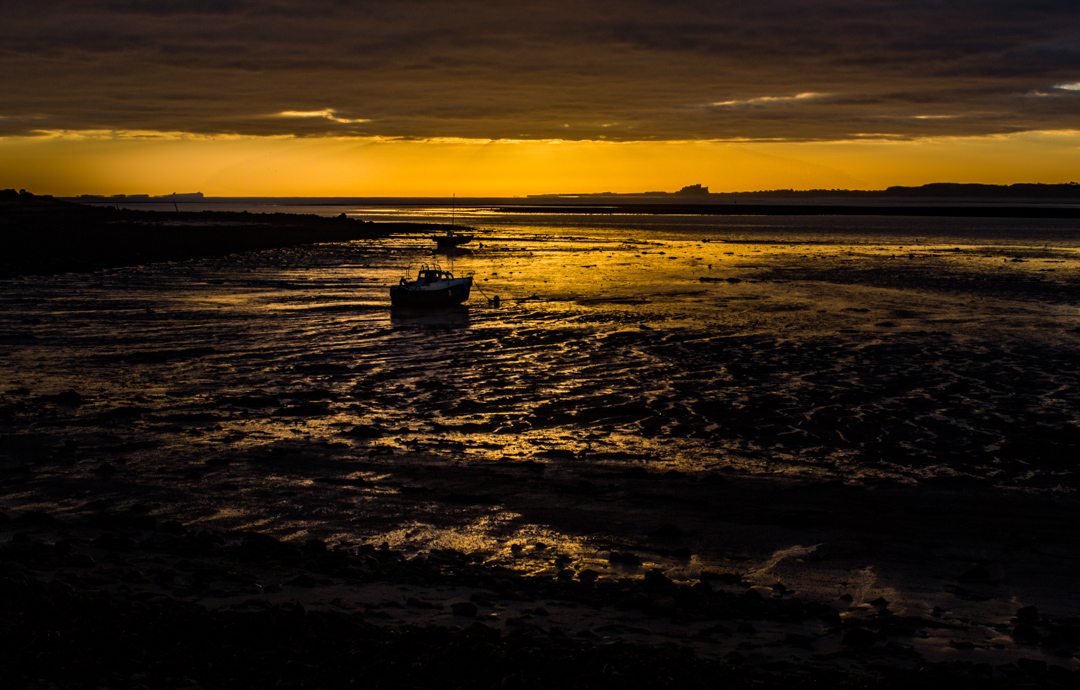
Planning our Photo Shoots
4th August 2020A long time ago in a cinema far, far away…
A long time ago in a cinema far, far away… well, 40-years back at an Odeon in Norwich, my big sister unknowingly started my photographic education. She took me to see Star Wars. Spellbound by every aspect of the film, the 12-year-old Ivor was captivated especially by its visual style.

It was the work of the self-taught cinematographer Gilbert Taylor that made the film sparkle visually. I discovered later he was also Director of Photography for Ice Cold in Alex, A Hard Day’s Night, Flash Gordon and Doctor Strangelove. Watch any one of Taylor’s films and you’ll see the effort and magic he put into lighting and composition every scene.
If I watch a film, I cannot help but noticing, and then learning from, the cinematographer’s work.
As well as taking photos for a living, I deliver training workshops to my clients, which I love. Continuous learning is necessary for me. I must keep up to date so when someone on a photography workshop I am running asks me about a particular camera feature or technique, I am versed in it well enough to give an adequate answer.
Apart from analysing films, I read books, magazines, photographers’ blogs and tutorials. Then, I watch documentaries and academic lectures. Plus, I am always trying new techniques and pushing boundaries.
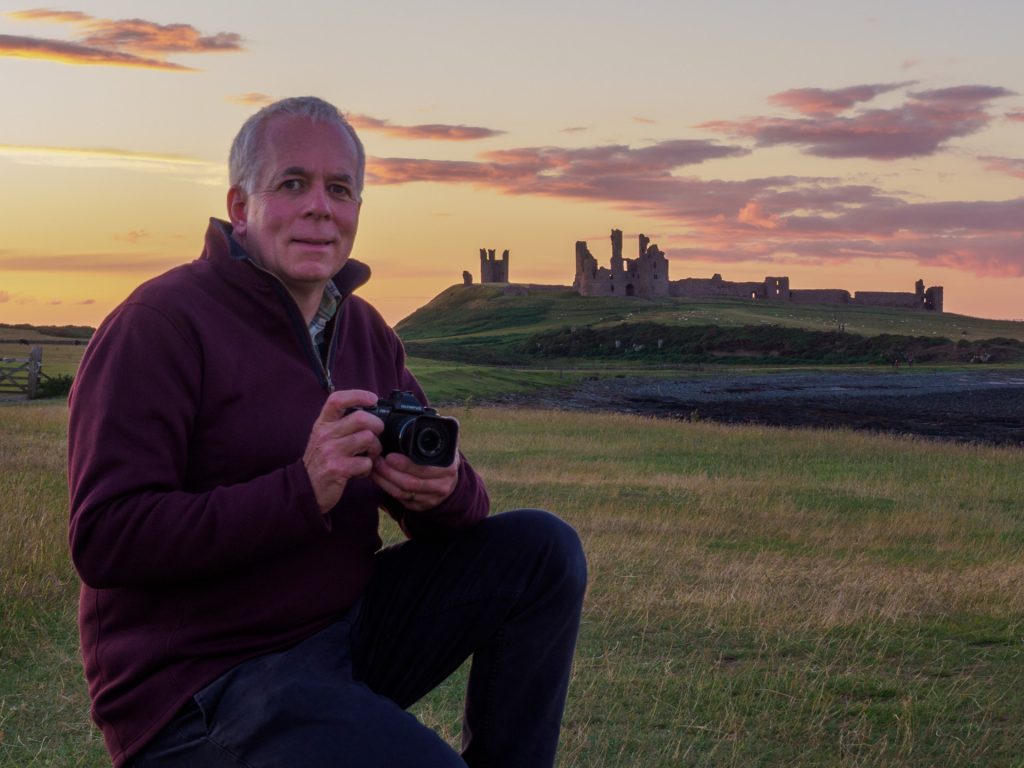
Formal Photographic Courses – Are They Right for you?
There are numerous formal qualifications in photography. A-level art has a photographic route. In the UK, National Vocational Qualifications (NVQs) are delivered by a host of providers, NCFE being the awarding body. City and Guilds provided similar courses.
The NVQ Level 3 Certificate is an accredited course that takes upwards of 260 hours to complete. Promoted as a step towards getting employment in commercial photography, the Level 3 Diploma is more demanding, requiring at least 730 hours of study. A degree is most likely to get you employed in that highly competitive career and the NVQ can be a stepping stone into that field. However, they don’t offer a great gateway into employment.
The NVQ route suits some who like a formal, rigid structure even if they are not looking for work. There are some excellent academic providers of both tutored courses and distance learning.
The Open University offer a beginner’s course which will gain you a certificate from the Royal Photographic Society. Distance learning degree courses are also available. The Open College of the Arts provides a BA (Hons) in Photography.
Beware of Education Sharks!
Do your research before embarking on a course. Quality of training provision varies enormously. There are also providers that mislead, calling their completion certificates ‘levels’ and ‘diplomas’. These are not qualifications. Others offer the NVQ Level 2 and 3 Certificate and call them Diplomas; they aren’t. I challenged one provider about this and it transpired that their ‘NCFE accredited diploma’ was not even an NVQ. I would not touch any of these with a tripod!
Do think whether online or correspondence training is for you. It doesn’t suit everyone and it can be difficult to keep enthused if you haven’t got peers around you to help push you along. However, seeing a good tutor face-to-face can also be very motivating.
Might Alternative Training Suit Me Better
Choose the learning style that suits you best. If you are not concerned about having a qualification for employment, then do contemplate private training from a professional photographer. It is often better value, more flexible, targeted to your needs and hands-on. (I have to emphasise my personal interest here; I am a professional photographer that offers training.)
What photographic education great names get?
Many employed in the industry today got there by following the academic route, but not everyone.
One of my former course clients secured a place working at one of the top studios. She has no formal photographic qualification. However, she does have buckets of talent, and eagerness to learn and enthusiasm for photography.
It’s a different story too for most of the great names in photography. Bernice Abbott, Annie Leibovitz, Robert Capa, Richard Avedon, Diane Arbus, David Bailey, Linda McCartney, Ansel Adams and a host of others did not study for a photography qualification. Like Gilbert Taylor, they learnt their skills by taking pictures, often supported and encouraged by other professional photographers. They developed their own styles away from the education establishment.
Get Out and Educate yourself!
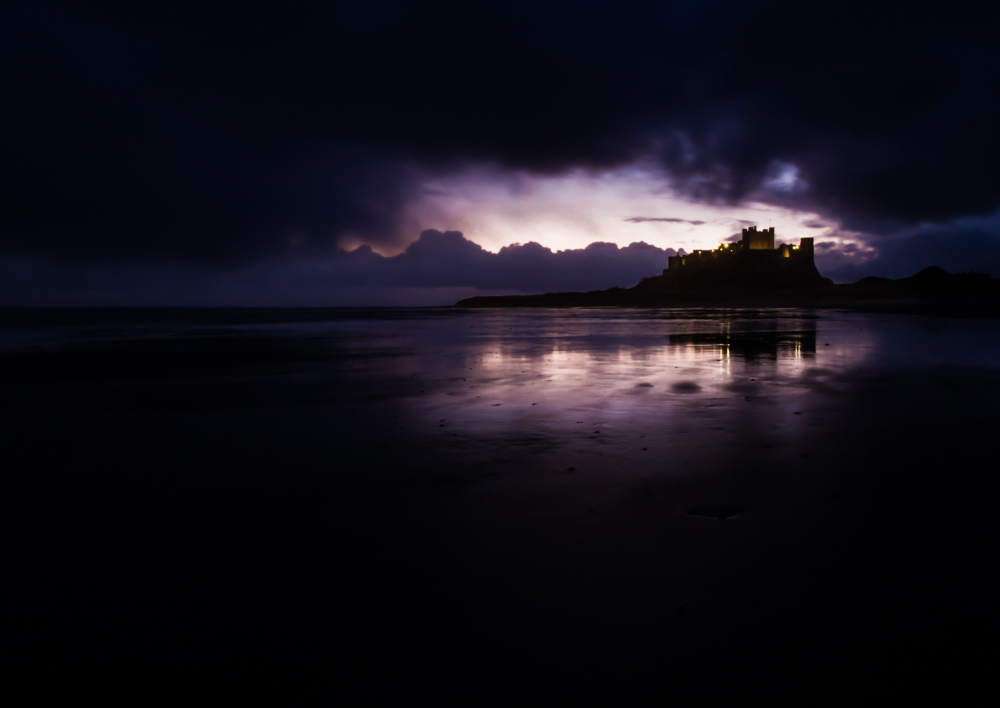
Of course, there are a host of other ways to learn photography. I have over 60 photography books acquired over the years, some new and some bought second hand. Despite my bulging bookshelf, I always search charity shops for new books to read. However, general photography books are all pretty similar, covering the same topics. I have a great fondness for the books of Michael Freeman ever since I bought a copy of his 35mm Handbook about 30 years ago. His later works have lost none of their accessibility or interest.
Specialist books can also help if you are interested in a specific style or genre of photography. My library includes excellent books on weddings, wildlife, landscapes, portraits, studio lighting and so on. I also have collections of works by different photographers from Linda McCartney to Koo Stark. My bookshelves are weighed down with huge volumes of collected works and photographic history books. I am forever dipping into them, learning and getting inspiration.
Online Informal Training
The internet is brimming over with sites eager to share photographic knowledge. Olympus Image Space is a mine of useful information.
Other sites like Petapixel, My Modern Metropolis, DPNow and a multitude of blogs have huge amounts of useful information. Try searching the BBC site for the keyword ‘photography’ or Photographer and reading, watching or listening to the articles on there.
YouTube has plenty of training videos too. Beware! Some popular videos that have information that is incorrect.
Learn from other people’s work
Looking at other people’s work also is a great way to learn. When doing so, think about what you like about what they do and don’t do. Then discover photographers that inspire you and whose work you find challenging.
If you want to learn photography, get training but, most of all, get out with your camera and take photos. It is, after all, what we enjoy doing the most. If you would like a photographic education from me, you can read more about the workshops and courses I run by clicking here.
Thank you for reading my blog post. I am always happy to hear your comments and am very grateful when you share my posts with your friends on social media.


